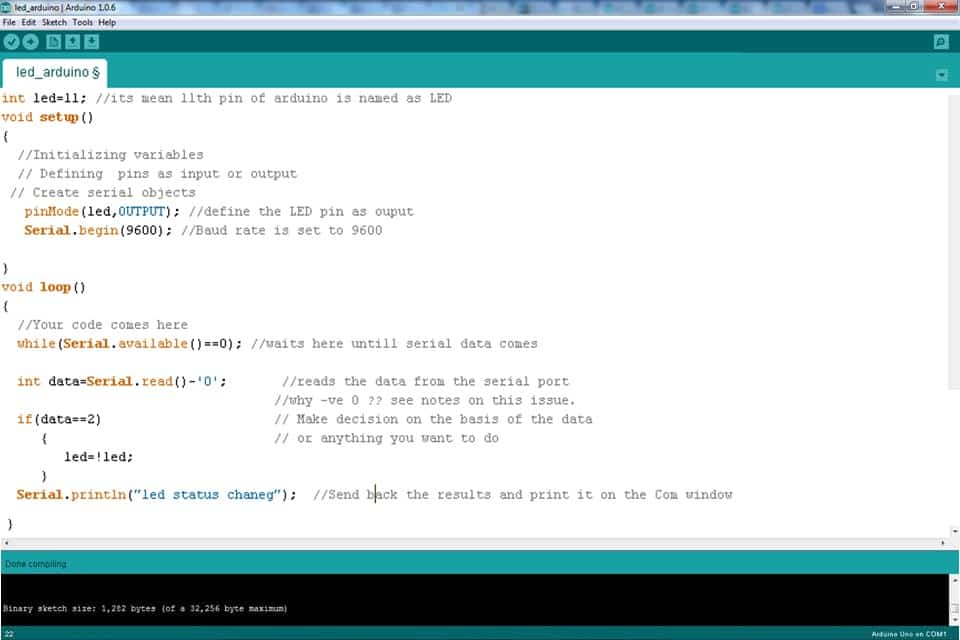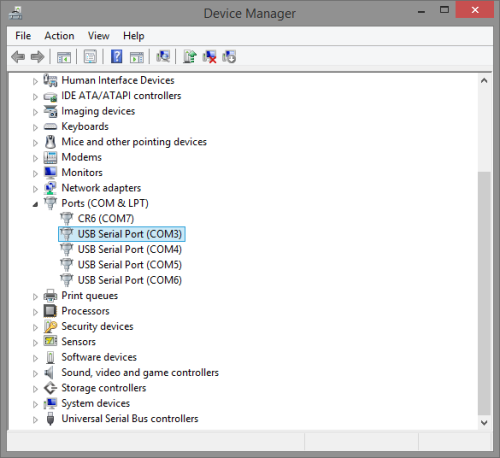Purebasic Serial Port Example
WriteSerialPortString WriteSerialPortString() Syntax Result = WriteSerialPortString(#SerialPort, String$ [, Format]) Description Writes a string to the specified serial port. Parameters #SerialPort The serial port to use. String$ The string to write. Format (optional) The string format to use. It can be one of the following value: #PB_Ascii: the string will be written in ascii format (default, even in mode).
#PB_UTF8: the string will be written in UTF8 format. #PB_Unicode: the string will be written in unicode (UTF16) format. Return value The number of bytes written to the serial port, or zero if the operation has failed. Remarks To check how much data is available in the output buffer, use. Golovej ribalko praktikum po vozrastnoj psihologii pdf. See Also, Supported OS All.
Evil Mad Scientist Laboratories. And give two example implementations, on an ATmega168 and on an ATtiny2313. With the pinouts for power supply and the serial. PureBasic - SerialPort. The Serial port (also know as the RS-232 port) was first created in 1969, and despite its age, it is still widely used in the industry. This page describes serial COM port communication by means of Visual Basic.


Here is a program to look for any installed serial ports (Com1 - 16). For each port found, an attempt is made to send and receive data, Actually, the data sent is a standard modem request that should return the modem's information if the port has an attached modem. NOTE: This uses several WinAPI calls The code includes examples of: Defining the DCB Setting the COMM State Setting the COMM Timouts Setting the COMM Buffers Purging the COMM Buffers Sending data to a COMx port Receiving data from a COMx port Panel and ListIcon gadget handling SplashMsg (thanks to Vanleth and PB) An executable and the source code is available HERE. Screenshot Hope you find this useful, Terry.